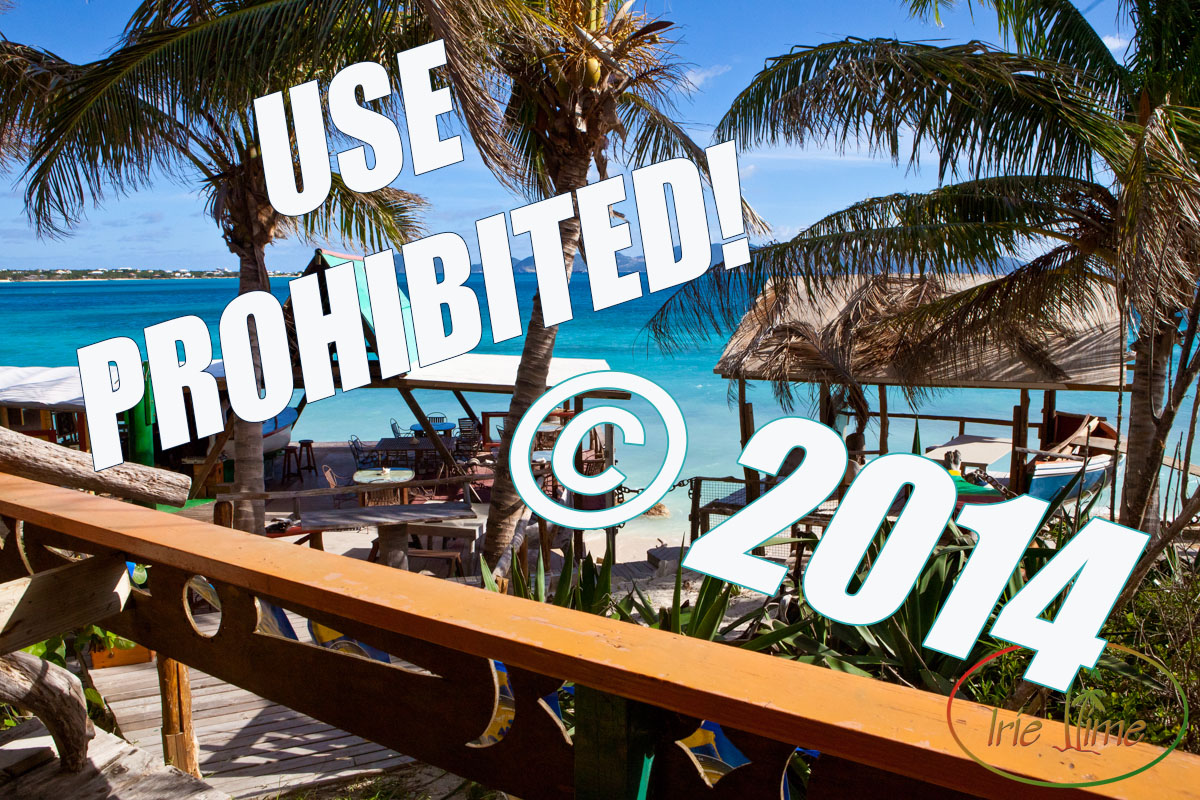
I first wrote this post for my general photography website back in 2011, after dealing with multiple infringements of my copyrighted images. Sadly, it needs repeating, perhaps more so today. People are writing blogs or creating websites to generate revenue. They don’t necessarily write about what they know or places they have been, but create “content” to draw readers in, to generate money from their sites. To do this, some use the words, photographs, and creative works of others. They have not been trained in journalism, public relations or law, and think that anything they find on the internet is theirs to use. They couldn’t be more wrong.
I have put off writing this post a number of times, primarily because it frustrates me so much to have to address it. Photographers repeatedly deal with the issue of copyright infringement. With the freedom of the internet and the emergence of the blogger, people, including those who themselves will insist on the copyright of their own creations, will “borrow” a photographer’s work. Sometimes they will give a credit line somewhere in their post or will link back, and feel that they have met their obligation, or are doing the photographer a favor by “featuring” their work.
This perception is likely enhanced by the simplicity and availability of digital cameras. Some folks think that all a photographer does is press the shutter button. They see their friends take “amazing” photos with their point-and-shoot cameras, and thus, the value of good photography has diminished. Casual observers don’t appreciate the thousands of dollars spent on equipment and software, and the thousands of hours of study and training. To them, there is no significance to using f/2 or f/22. 1/250 or 2 seconds? What’s white balance? Who cares? To them, the value of a photograph is the fraction of a second it takes the camera’s sensor to record the image. With this value system, it seems like no big deal to take someone else’s work for your own use. It is, however, a big deal.
This week, I have learned of several infringements of my work. You would think the fact that my website and blog have a copyright notice and an express prohibition against the use of my images would deter offenders. You would think the fact that my “About” page on my website and the posting of my Curriculum Vitae indicating I have been a licensed attorney for 24 years, would prompt them to move on. Well, it doesn’t. My work is repeatedly “sampled” and not just by your personal blogger. I have had my images taken by a local online news site, claiming to be “journalists,” and by a variety of commercial sites, using my images to sell their ad space or products.
I do not specialize in copyright law, but there are some basics everyone should know. I am not giving legal advice by this post, and it certainly does not encompass all that the law provides. You should consult your own attorney as to the provisions of the law applicable in your area. This post is simply to provide some general information.
By copying another’s work without permission and using it for your own purposes, you are exposing yourself, and, in the event of use by an organization, your company, to one or more lawsuits. You also risk the takedown of your site. Here are the essentials:
1. Copyright protection begins the moment the photographer clicks the shutter. It is not required that the copyright be registered to be enforceable. The photographer owns the copyright to the image the moment it is created.
2. A photographer does not waive the protection of the copyright laws by displaying his or her work, such as posting it on the internet.
3. A photographer does not need to display a copyright notice, the little ©, or a watermark, or an express prohibition against use, to be entitled to the protection of the law.
4. A photographer does not have to register his images with the U.S. Copyright Office to be entitled to protection, although I do so. The cost is small, only $35*** per registration, and the online process is rather simple. This is $35 per registration, not per image. A photographer can register images as collections by subject or by year, or however you would like to organize them.
5. A “credit” line or link back does not change anything. It is only important to the extent that it is required by the copyright owner for display of the image. If you don’t have permission to use the image, you are still infringing the copyright, absent the applicability of very limited exceptions.
6. You may be violating other laws by posting images without permission. For example, I have shot in places where the owner of the venue prohibits the use of images on commercial sites other than that of the person licensed, meaning me. I cannot allow you to use those images, and your use subjects you to suit by the venue owner. Also, many states have a right to privacy statute, which prohibits the use of a person’s image for commercial purposes without their consent. You don’t have a model release for the persons depicted in my images, and your use may violate that person’s right to privacy, exposing you to a lawsuit for damages.
7. Your unauthorized use will be discovered. For as large as the internet may seem, it is full of small communities, including photographers. I belong to several groups of photographers who continually review and critique each others’ work so that we get better at what we do. We can recognize other photographers’ work, and some photographers are so distinctive, you know exactly who made a particular image just by looking at it. Many times I have seen uses of images where the offender crops off the photographer’s watermark, a glaring sign of copyright infringement. When I see this, I notify the photographer of what I have seen. Sometimes they have authorized the use, which they obviously have the right to do. However, more often than not, the use is an infringement. If I have given you permission to use an image, I would never allow you to distort it by cropping out my watermark. Section 1202 of Title 17 also prohibits this activity, and entitles the copyright owner to damages and attorneys fees.
What can happen to you if you decide to use someone else’s work for your site without permission? As described briefly above, you subject yourself and your company to a lawsuit for infringement of copyright or other violation of law. Damages can be quite stiff. For the detailed information, check out Title 17, Chapter 5 of the United States Code. In addition to actual damages, if the image has been registered with the Copyright Office, the owner of the copyright has the option of statutory damages between $200.00 for an innocent infringement and $150,000.00 for an intentional infringement per violation. Yeah, ONE HUNDRED AND FIFTY THOUSAND DOLLARS. You read that correctly.
The copyright owner can also notify your hosting company of the infringement and insist that your site be taken down. It has happened before. Don’t kid yourself. The Digital Millennium Copyright Act, known as the DMCA, allows the copyright owner to issue a takedown notice to the infringer’s internet service provider. The idea is that the service provider is exposed to liability for transmitting information that may infringe a copyright. The copyright owner sends a notice to the provider, identifying the original work and the infringing work, and requesting that the site be taken down. Once given notice, the internet service provider must take down the infringing material.
I have only brushed the surface with respect to this topic. For a great, in-depth discussion of copyright law as it pertains to photography, check out Carolyn Wright’s website: Photo Attorney. She’s brilliant, and addresses all the in’s and out’s of the law.
In short, don’t be stupid. Don’t expose your website to takedown, or you or your colleagues to one or more lawsuits. Get permission. Many photographers will agree to the use to promote their business. Just ask. And if you don’t get permission, move on. It’s not worth it.
